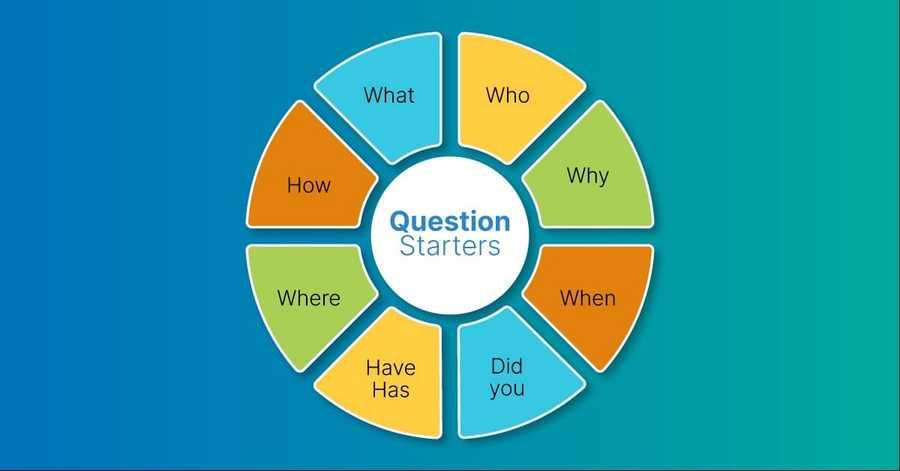4. Keep questions open ended
Say "Why don’t you tell me how you are feeling?" rather than "I can see you are feeling very low". Try to keep your language neutral. Give the person time to answer and try not to grill them with too many questions.
21
59 reads
CURATED FROM
IDEAS CURATED BY
A Teacher in A Senior Secondary School. Follow me on Instagram @Ramijr32. Love to be with you.
The idea is part of this collection:
Learn more about health with this collection
How to overcome fear of rejection
How to embrace vulnerability
Why vulnerability is important for personal growth
Related collections
Similar ideas to 4. Keep questions open ended
Ask open-ended questions
A mediation mindset is a place for trying to get to the root of an issue. That might mean proceeding without an agenda and just trying to learn more.
Use open-ended questions: "Can you tell me why?” Keep the questions to six words or fewer. And don’t think too much. Just...
Ask open-ended questions
Those that require more than a “yes” or “no” answer, are the best type of questions to ask if you’re looking to establish common ground.
Just be careful not to overdo your questioning. You don’t want the other person to feel like they’re being interrogated.
Use open-ended questions
Start your questions with who, what, when, where, why or how.
For example, instead of asking "Were you terrified?", which will produce a "yes" or "no" answer, try asking, "How did that feel?" They might have to think about it, but you'll get a much better response.
Read & Learn
20x Faster
without
deepstash
with
deepstash
with
deepstash
Personalized microlearning
—
100+ Learning Journeys
—
Access to 200,000+ ideas
—
Access to the mobile app
—
Unlimited idea saving
—
—
Unlimited history
—
—
Unlimited listening to ideas
—
—
Downloading & offline access
—
—
Supercharge your mind with one idea per day
Enter your email and spend 1 minute every day to learn something new.
I agree to receive email updates

